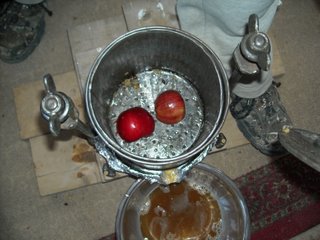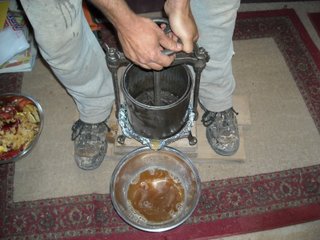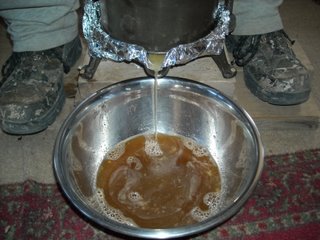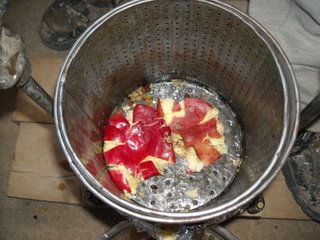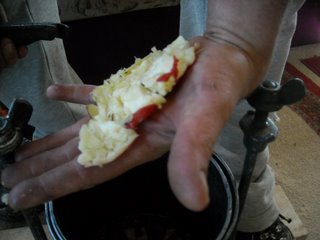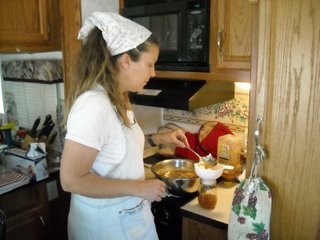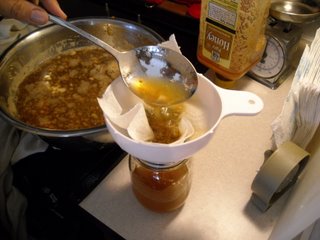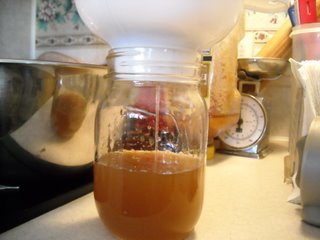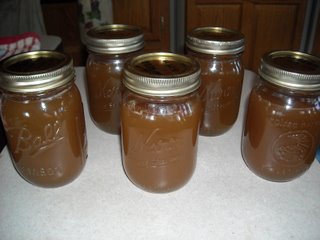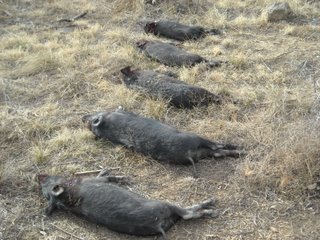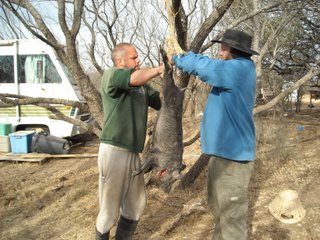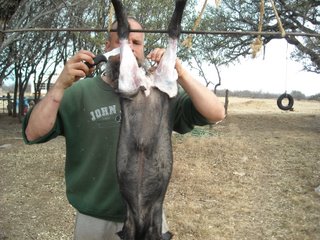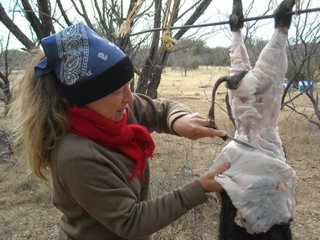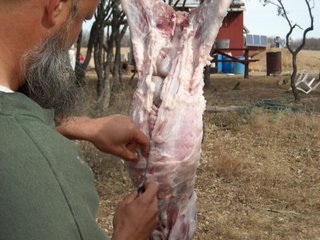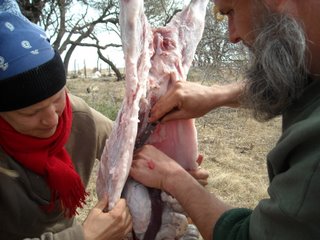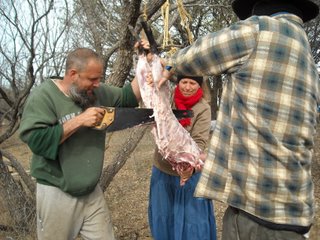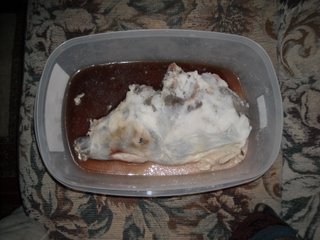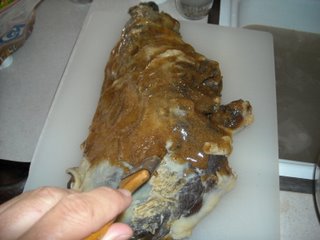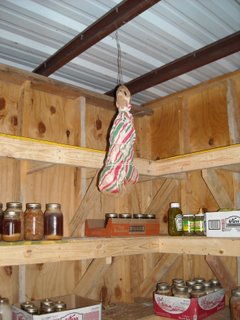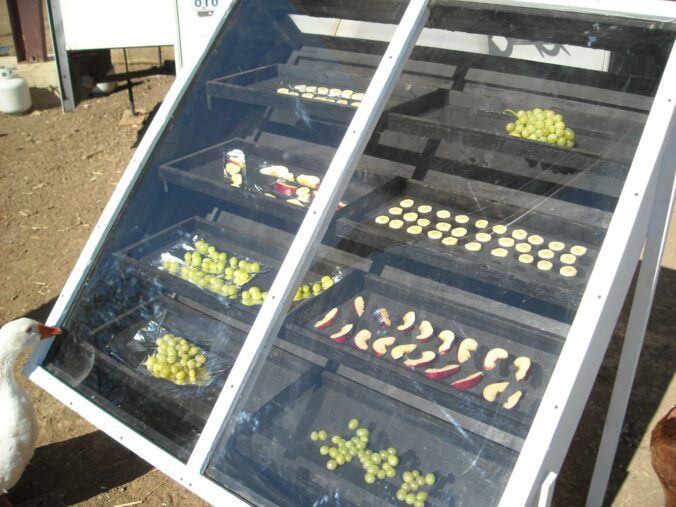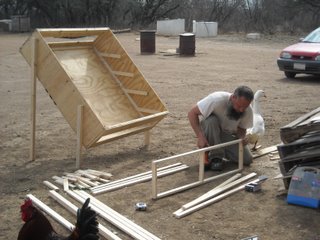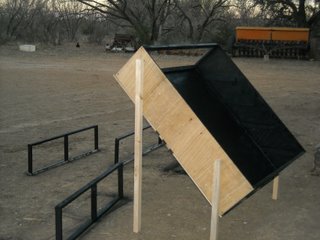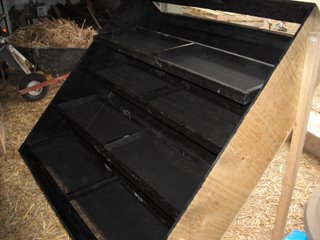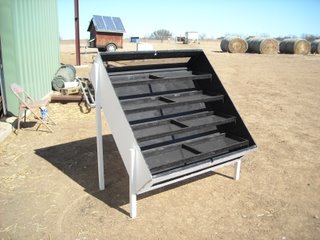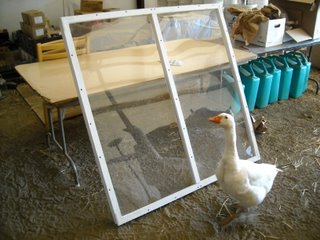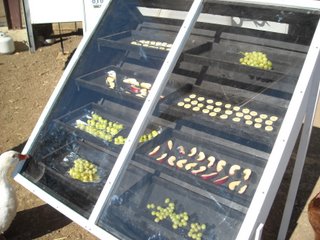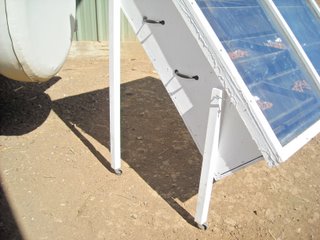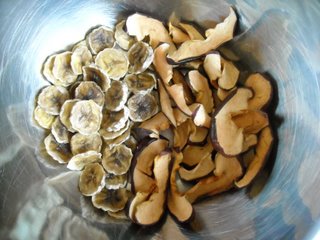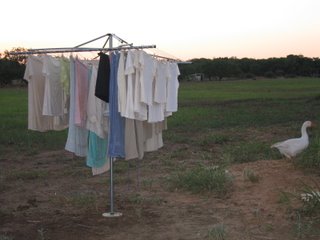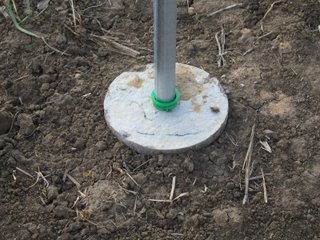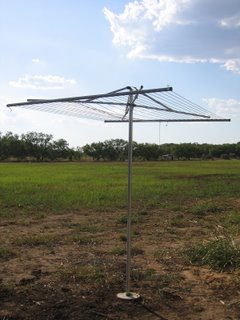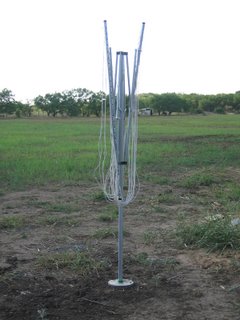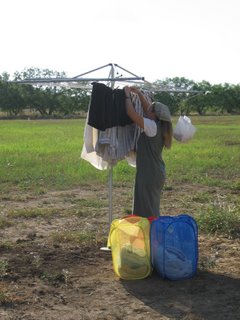Hello again!
Hopefully and prayerfully you have perhaps spent some time reading and prayerfully considering some of the things mentioned in our previous post and some of the information located at our old Web page (By God’s Sovereign Grace and Mercy). Not that there is much ado about it, but we do however pray the Lord grant you whatever light He may from it.
At this point I must interject that much of our beginning doctrinal changes (mentioned in the previous post) began at reading the articles of our teacher Michael. Over time, the Lord apparently led him in his teachings to consider more than just what we say we believe: that our lives as Christians involve ALL of our lives. For Michael, this led him to start to publish his “Underground Church” series, which is located here.
Sue and I listened, studied and prayed about the things he brought forth, which in short, partially, is that as Christians we are required to separate from the world, because the following verse really does apply: “Love not the world, neither the things that are in the world. If any man love the world, the love of the Father is not in him.” (1 Jn 2:15). Not only from this verse but others in the Bible (such as 2 Cor 6:14 – “Be ye not unequally yoked together with unbelievers: for what fellowship hath righteousness with unrighteousness? and what communion hath light with darkness?”) are very clear about separating from the world. But what is the world then? Here, it is anything that in essence isn’t Christ. It became apparent, by God’s graces and mercies, that the ungodly world (as described in 1 Jn 2:15) was all around us and a part of every aspect of our lives, from the world that is in charge of bringing water to our house to the world that we worked for to bring in our “daily bread.” How could this be right? Are we not to look to God only for our provisions? Besides the commands to not be yoked to and to love not the world, what happens when the world in charge of my water supply decides to not give me any water? What happens when some person in my food chain (farmer, farm working, trucker, grocery store person, etc.) decides he’s not going to do that anymore? Then what do I do? There is an obvious “chink in the armor” of our very basic well-being, for which the ungodly world is the provider.
Not only are there commands to separate and the obvious problems with the world being our provider, but the Bible specifically talks about how God set up man to live his life: He told man to dress and keep the garden before the fall (Gen 2:15); and after the fall, that didn’t change other than those works would be much harder to do. The command to dress and keep the garden never went away!
Hmmmm……
Well, this led us to the following, and why we left our corporate jobs to move to Texas and hopefully and prayerfully live a life closer to God’s creation:
We are called to separation:
It evidences the character of God, which is holiness (which means separate). His character IS separation. Every time the Israelites started to join with the society around them, they became more like them and abandoned God. Purity is always lost when impurity comes in; impurity is never made completely pure by adding purity.
We are commanded to this:
1 Peter 1:16 – “Because it is written, Be ye holy; for I am holy”
2 Corinthians 6:14-17 – “Be ye not unequally yoked together with unbelievers: for what fellowship hath righteousness with unrighteousness? and what communion hath light with darkness? And what concord hath Christ with Belial? or what part hath he that believeth with an infidel? And what agreement hath the temple of God with idols? for ye are the temple of the living God; as God hath said, I will dwell in them, and walk in them; and I will be their God, and they shall be my people. Wherefore come out from among them, and be ye separate, saith the Lord, and touch not the unclean thing; and I will receive you.”
We are holy or separated positionally by God:
2 Timothy 1:9 – “Who hath saved us, and called us with an holy calling, not according to our works, but according to his own purpose and grace, which was given us in Christ Jesus before the world began,”
1 Peter 2:9 – “But ye are a chosen generation, a royal priesthood, an holy nation, a peculiar people; that ye should shew forth the praises of him who hath called you out of darkness into his marvellous light;”
Hebrews 7:26 – “For such an high priest became us, who is holy, harmless, undefiled, separate from sinners, and made higher than the heavens;”
Touch not the unclean thing:
Haggai 2:11-14 – “Thus saith the LORD of hosts; Ask now the priests concerning the law, saying, If one bear holy flesh in the skirt of his garment, and with his skirt do touch bread, or pottage, or wine, or oil, or any meat, shall it be holy? And the priests answered and said, No. Then said Haggai, If one that is unclean by a dead body touch any of these, shall it be unclean? And the priests answered and said, It shall be unclean. Then answered Haggai, and said, So is this people, and so is this nation before me, saith the LORD; and so is every work of their hands; and that which they offer there is unclean.”
Proverbs 13:20 – “He that walketh with wise men shall be wise: but a companion of fools shall be destroyed.”
How were the Israelites handled with Egypt? God separated them out. How was Lot handled with Sodom? God separated them out. These are pictures of God separating FROM AMONGST THE HEATHEN His chosen people.
Do not join with other false beliefs to accomplish some sort of mission, and in fact, stay away from them:
Romans 16:17 – “Now I beseech you, brethren, mark them which cause divisions and offences contrary to the doctrine which ye have learned; and avoid them.”
1 Timothy 6:3-5 – “If any man teach otherwise, and consent not to wholesome words, even the words of our Lord Jesus Christ, and to the doctrine which is according to godliness; He is proud, knowing nothing, but doting about questions and strifes of words, whereof cometh envy, strife, railings, evil surmisings, Perverse disputings of men of corrupt minds, and destitute of the truth, supposing that gain is godliness: from such withdraw thyself.”
2 John 1:9-11 – “Whosoever transgresseth, and abideth not in the doctrine of Christ, hath not God. He that abideth in the doctrine of Christ, he hath both the Father and the Son. If there come any unto you, and bring not this doctrine, receive him not into your house, neither bid him God speed: For he that biddeth him God speed is partaker of his evil deeds.”
Even from the brethren in error:
2 Thessalonians 3:6 – “Now we command you, brethren, in the name of our Lord Jesus Christ, that ye withdraw yourselves from every brother that walketh disorderly, and not after the tradition which he received of us.”
From the world and false brethren:
1 Corinthians 5:9-13 – “I wrote unto you in an epistle not to company with fornicators: Yet not altogether with the fornicators of this world, or with the covetous, or extortioners, or with idolaters; for then must ye needs go out of the world. But now I have written unto you not to keep company, if any man that is called a brother be a fornicator, or covetous, or an idolator, or a railer, or a drunkard, or an extortioner; with such an one no not to eat. For what have I to do to judge them also that are without? do not ye judge them that are within? But them that are without God judgeth. Therefore put away from among yourselves that wicked person.”
To what do we go then?
God instituted work in the garden, which was to tend it. After the fall, work was going to be harder. Cities were formed 1) as monuments to man and 2) as a way to skirt the curse (to make work easier). Also, the Bible is replete with examples and parables that are agrarian; living an agrarian lifestyle would make it easier for any children with which we might be blessed to understand the Bible. Plus, an agrarian lifestyle is solely dependent on the providence of God – we plant and water, and He grows it according to His will. This is a picture of our spiritual evangelism, in that, we plant and water, and God grows. As a lesson for any children, they will be LIVING the physical picture of the spiritual lessons taught in the Bible. Further, our work glories in the miracles of life that are demonstrated in God growing things out of the land.
Further thoughts on why we moved:
We are trying to separate from and become less and less dependent on a corrupt and ungodly system.
The work we do in our corporate jobs profits nothing from an eternal or spiritual aspect.
Living in the world environment places us dependent on ungodly entities and people for our livelihood. The food chain is also very long; at any time if one link along the path were to break or be broken, we could be potentially unable to eat.
We want to live in a place that still supports family freedoms to build our lives, rear and educate our children ourselves, and support our families the Bible would have us do so.
We reject the ungodly culture of the day seeking a proper Biblical culture. We don’t syncretize with the culture to change it; our evangelism occurs when we stand against the culture (by not participating in it) and biblically show it for what it is. Now, we still interact with the world in some ways because we are still in the world (on earth and not in heaven); but generally our lives involve being separate and different.
We wish to live in a community of other like-minded believers, which is very, very important. True believers are family, even surpassing the temporal families the Lord has granted us (Matt 10:34-37; Matt 12:48-50) . Christians are meant to be together, functioning locally as the body of Christ, loving each other as God has commanded (1 John 3:14). It’s very difficult to live a life of love for the brethren when your life doesn’t really involve them (much how like trying to love God without prayer, Bible reading, etc. doesn’t work); and, although I suppose it is possible, but it seems to me that being involved in church gatherings and Sundays and other days is not really being involved with them very much.
And so, this is how and why our worldview has become what it has: basically we want a worldview that not only doesn’t include the world’s ungodliness as much as possible, but is one in which the sole focus is on God and His eternal, spiritual and temporal providences.
— David
